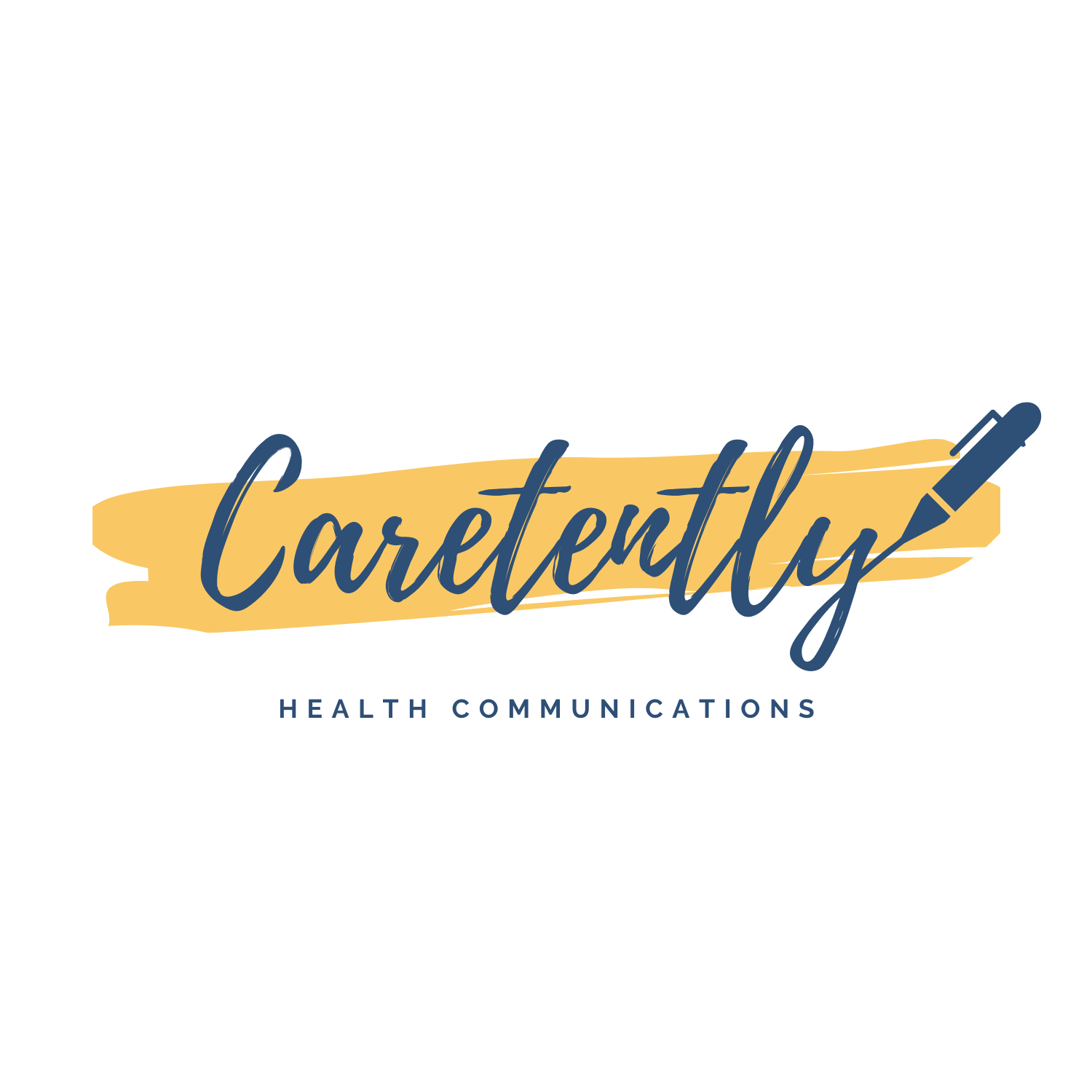I don’t often talk about it, but I was a carer for my Mother with stage 4 breast cancer for several years. While it was the most difficult time of my life and had a negative impact on my mental health (hello anxiety and panic attacks), it was also a period that I will always cherish as it strengthened our relationship. The years spent by her side as she battled cancer were very hard, but they also taught me many valuable lessons. As today is European Carers Day et la Journée Nationale des Aidant·es in France, I would like to share the 5 lessons I learned being a carer for my Mother.
Cherish the good days and remember that the bad days don’t last forever
Anyone with a chronic illness will know that some days are rougher than others. Some days my Mother was so sick that she couldn’t even get out of bed. Other days her energy came back and we took the opportunity to go outside and enjoy the sunshine or go for a walk. I cherished these “good” days. However, looking back at the bad days that seemed to drag on forever, I now realize that bad days are like clouds in the sky. They don’t last forever. So if you’re struggling with something at this very moment, know that it will not always be like this. Having a bad day at work? Know that tomorrow is another day. Nothing lasts forever.
Plans will change and that is OK
One major lesson from my years as a carer was the importance of being flexible. I soon realized that you cannot control how a disease (or its treatment) will affect someone. I often had to cancel plans when my Mother wasn’t doing well or when I preferred to stay at home with her. I had to change shifts with co-workers at the last minute when my Mother had an urgent appointment. At first I felt terribly guilty, but after a while I realized that it wasn’t such a big deal. Plans could be rescheduled.
Flexibility is a great skill to have as there are always emergencies that can appear out of nowhere, giving you another task to deal with. If you can adapt to change and prioritize what is really essential (and what can wait), you be able to see these changes as just a part of life and not as some huge disaster. Of course you have the right to complain and be disappointed, but try not to let that keep you stuck in a pit of negativity. There are always solutions and there will be opportunities that come your way in the future. Trust me on this one. Plans change and life may lead you on a path that you could have never imagined.
Take one step at a time
Being a carer can be overwhelming and there were times when I would lie awake at night wondering how I would make it through the following week ahead. I learned that by breaking the week down into days, or hours or maybe even minutes, suddenly everything seemed more manageable. I asked myself “can I get through the following minute?”, and the answer was usually yes. A minute passes in a flash! You can survive one minute. Or a second, if a minute seems too long.
Similarly if you have a huge project on your plate, try to break it down into smaller tasks, ones that don’t seem too overwhelming. As you advance and complete each small task you will gradually work towards completing the project you once thought of as impossible. One small step at a time.
The smallest gestures can have the biggest impact
I still remember very clearly the nurses, healthcare providers, friends and anyone else who showed us kindness during this difficult time (and those who didn’t). On one occasion, we had spent a long day at a medical center and my Mother was in pain and hadn’t been able to sleep at all due to having an allergic reaction to a medication. I remember the nurse who came up to us with a smile and said, “would you like me to get you both something to eat?” It was a small gesture, but just to have someone checking in on us made such a difference. We didn’t feel so alone.
Never underestimate how a smile, a simple offer of help or a kind gesture can have an impact on someone else. It only takes a second, and it can mean the world to someone having a bad day.
It’s OK (and necessary) to ask for help and to take care of yourself
This was a big challenge for me (and still is to be honest) but I sometimes had to take time off work to accompany my Mother to her appointments and treatments. I could no longer keep everything to myself. I hated the idea of burdening friends but I now realize that true friends are only too happy to listen and to offer support.
Similarly when I was struggling emotionally, I tried to hide it. I scolded myself for being weak, reminding myself that I was not physically ill. How could I complain when my Mother was in actual physical pain and discomfort? This was a mistake, which I learned much later on. It’s so important to take care of yourself, even if it is for a few minutes. Taking a break by going for a walk (or drive) or seeing friends actually helped to clear my mind and recharge my energy levels. Dont forget: you can’t care for someone else if you are empty inside.
While I could think of many more, these are the 5 main lessons I learned being a carer for my Mother.
What is a carer?
A carer is anyone who looks after a family member, partner or friend who needs help due to a disease, disability or addiction. While being an informal carer can bring a sense of purpose and satisfaction, it can also be a significant source of stress and have a negative impact on a carer’s mental and physical health.
If you are currently caring for a family member of friend I hope you know just how special you are. If you are caring for someone with a rare disease, you have even more challenges to deal with so be kind to yourself. Remember to show the same love to yourself as you do to others. Finally, know that you are not alone. And if you are not a carer/caregiver but know someone who is, please take a moment to send them a message of love and support today. We need to bring carers out of the shadows, talk about their experiences and find ways to better support them.
If you would like more information about European Carers Day or la Journée Nationale des Aidant·es (National Carers Day in France), you can find it on the following pages:



